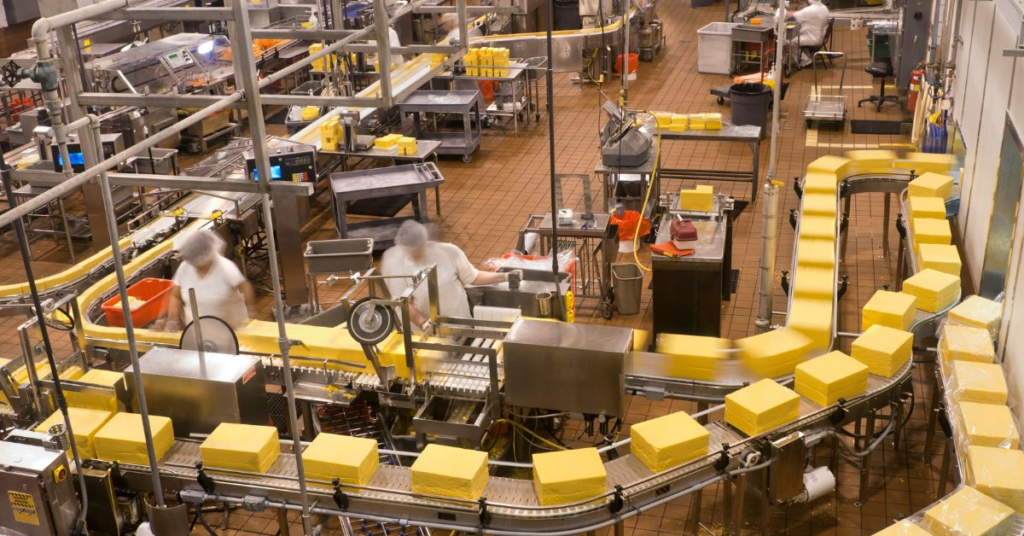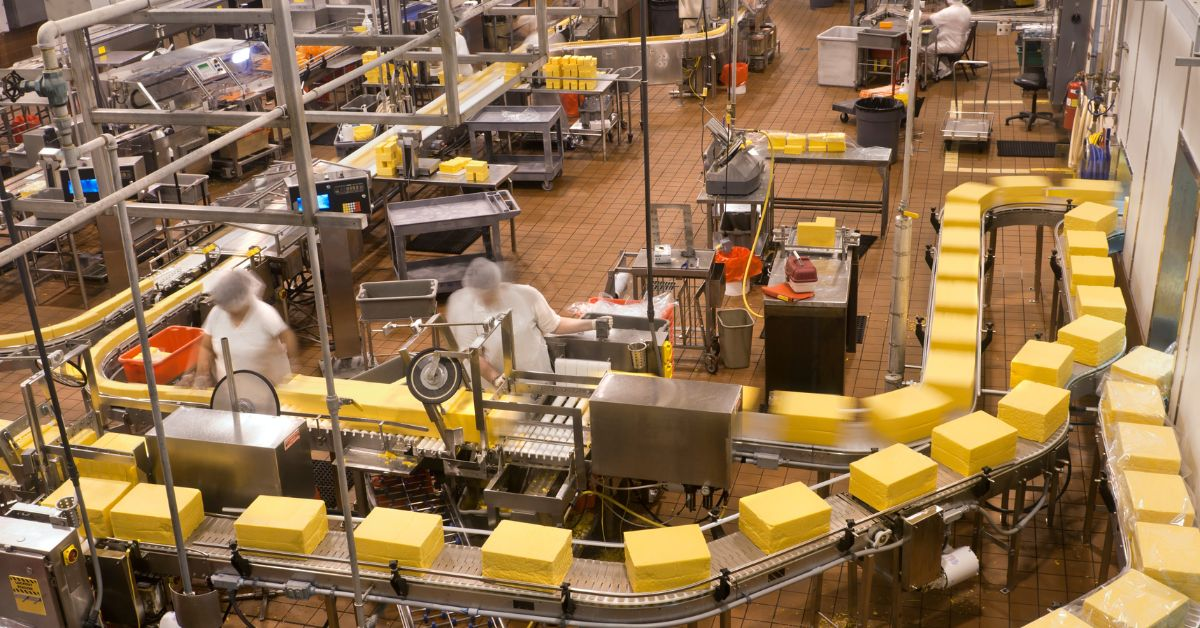
Long-time employees are the backbone of food manufacturing operations. Their expertise, loyalty, and deep understanding of your facility’s production processes make them invaluable team members. Yet, when it comes to new food safety training, some seasoned staff may resist.
Comments like “I’ve been doing this for 20 years” or “I already know what to do” are common, but they reveal a critical pain point: training resistance. The truth is, even experienced professionals need to stay current. Regulations evolve, processes change, and what worked yesterday may no longer meet compliance today.
Are you confident that your employees are ready to meet a human foods preventive controls inspection by an FDA or state investigator? Are they ready for the next audit with completions of prior corrective actions? Knowing the changes in the FSMA regulations can reduce anxiety and build competency in your food safety plan implementation.
The good news? With the right approach and the right training partner, even the most experienced employees can rediscover the value of learning.
The Pain Point: Resistance to Change
Training resistance often stems from familiarity. Veteran employees have been through numerous audits, equipment upgrades, hazard analysis work, and procedural changes. They’ve proven themselves; so why train again?
Here are the most common reasons experienced employees hesitate to engage in training:
- “We’ve always done it this way.” Change feels unnecessary when routines seem to work.
- Repetitive material. If past training was dull or generic, enthusiasm dwindles.
- Time pressure. Production schedules can make training feel like a burden rather than a benefit.
However, this resistance poses risks. When employees rely on outdated practices, companies face compliance gaps, audit findings, or even food safety incidents. Regulations like the FDA’s FSMA and SFCR preventive controls evolve continuously, and without up-to-date training, experience alone isn’t enough to stay compliant.
Why Training Still Matters — Even for Experts
Long-time employees are often the culture carriers of your organization. Their attitudes toward food safety influence everyone around them. When they value training, newer employees follow their example.
Refreshed food safety training:
- Keeps seasoned workers informed about new FSMA preventive controls and BRCGS requirements.
- Strengthens their ability to mentor others using current best practices.
- Reinforces the idea that learning is part of leadership, not a sign of inexperience.
- Models food safety culture
Every professional, no matter how skilled, benefits from updates that align with today’s regulations and real-world challenges.
The ImEPIK Difference: Training That Earns Respect
To win over long-time employees, training must be worth their time — engaging, practical, and relevant. That’s precisely what ImEPIK delivers.
ImEPIK’s online PCQI training is compliant with FDA FSMA, SFCR preventive controls, and BRCGS requirements. Courses are developed by industry experts and designed to meet the needs of both new learners and experienced professionals.
Here’s what makes ImEPIK stand out:
- Up-to-date content: Aligns with global food safety standards so employees can trust the information they’re learning.
- Real-world relevance: Interactive scenarios, hazard analyses, and case studies challenge even seasoned staff.
- Engaging design: No more click-and-snooze modules. ImEPIK’s courses are interactive, visually engaging, and self-paced.
- Confidence building: Even experienced employees discover fresh insights that enhance audit performance and compliance documentation.
When learners complete the course, they earn a PCQI training certificate that’s recognized across North America and accepted by auditors and regulatory bodies.
How to Motivate Employees to Complete Training
Motivating long-time employees requires more than a reminder email; it takes purpose, recognition, and connection to their role.
Here are a few strategies to boost engagement:
- Show the “why.” Explain how the training helps protect consumers, preserve the company’s reputation, and simplify audits.
- Recognize expertise. Position training as a way for experienced workers to lead by example.
- Make it convenient. Online, self-paced courses like ImEPIK’s eliminate schedule conflicts.
- Reward completion. Celebrate certifications publicly; a little recognition goes a long way.
When employees feel respected and see the direct benefits of training, motivation naturally increases.
What Are the 4 R’s of Motivation?
Motivation experts often reference the 4 R’s as key drivers that influence behavior in the workplace:
- Responsibility – Employees feel motivated when trusted with essential roles and decisions.
- Recognition – Acknowledging their efforts boosts morale and reinforces positive habits.
- Rewards – Tangible or intangible rewards (like certificates, bonuses, or praise) encourage participation.
- Relationships – A supportive culture where peers and leaders value learning helps sustain motivation.
Incorporating these elements into your training approach transforms compliance into culture and obligation into opportunity. What Are the Factors Influencing Employee Motivation?
Several interconnected factors shape employee motivation:
- Leadership support: When managers value training, employees follow suit.
- Relevance: Training must connect to real job tasks and current challenges.
- Learning environment: Interactive, self-paced courses respect different learning styles.
- Feedback and progress tracking: Employees stay engaged when they can measure their growth.
- Organizational culture: A company that rewards learning fosters continuous improvement.
By addressing these factors, businesses not only increase participation but also strengthen their entire food safety system. Positive reinforcement can be part of everyday actions. For example, do you celebrate when employees have completed prior corrective actions within the set timelines?
Turning Resistance into Leadership
One of the best ways to overcome resistance is to empower seasoned staff as mentors or “training champions.” Encourage them to share their experiences as they complete ImEPIK’s online courses. This approach transforms skeptics into advocates.
When long-time employees model curiosity and engagement, they set the tone for the entire team. Their leadership demonstrates that continuous learning is a mark of professionalism, not a chore.
Real Results: When Knowledge Meets Experience
Imagine a supervisor with 25 years of experience who believes she’s seen it all. During ImEPIK’s PCQI training, she learns about updated documentation standards that simplify her audit prep. She applies the new methods and passes her next audit with zero findings.
That’s the power of combining experience with updated knowledge. ImEPIK’s training doesn’t replace what employees know; it enhances it.
Refresh Experience, Strengthen Compliance
Food safety training shouldn’t feel like a repeat; it should feel like a refresh. By combining proven expertise with up-to-date, interactive learning, long-time employees can strengthen compliance and lead with confidence.
ImEPIK empowers every learner from new hires to industry veterans with online courses that are engaging, relevant, and respected worldwide.
Explore ImEPIK’s online PCQI training and earn your PCQI certificate, designed for the experts who never stop learning.







